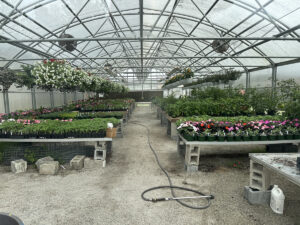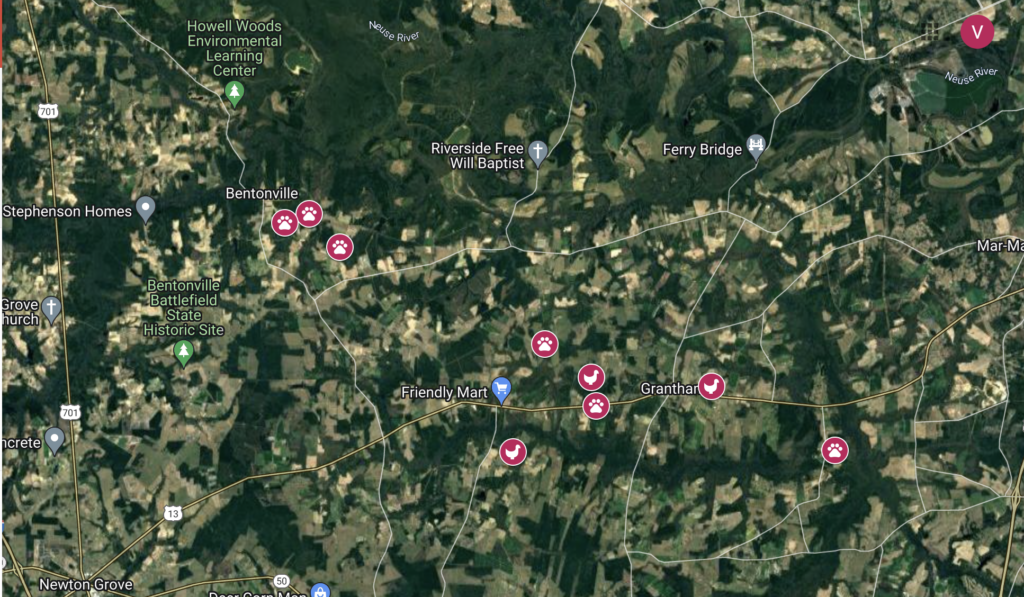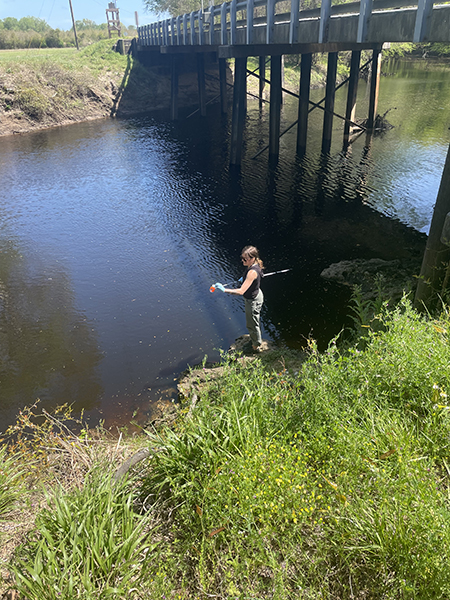News
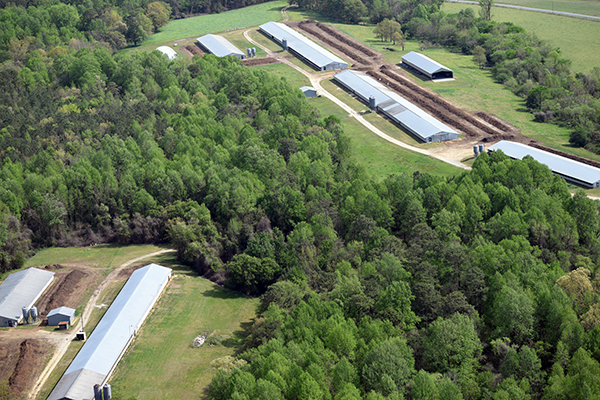

Pamlico-Tar Riverkeeper Jill Howell and Neuse Riverkeeper Samantha Krop spent Wednesday in the field this week, flying over poultry facilities with confirmed cases of avian flu.
“Since March 28, there have been nine facilities with confirmed cases in North Carolina, all of which are in Johnston and Wayne counties,” Jill said. “We saw what appeared to be large compost piles in rows alongside the barns at a number of facilities.”
She said they will continue to monitor the composting operations and all forms of disposal of poultry impacted by the flu to make sure there are no water-quality impacts during disposal of the birds. To dispose of birds in such a huge quantity, the options are either composting or mass burial, both of which can have impacts on adjacent surface waters or groundwaters if not done properly. The lack of transparency in North Carolina’s poultry industry means Riverkeepers have to hunt for the locations of outbreaks and disposal methods being used, which presents a barrier to monitoring water-quality impacts.
Later Wednesday, the two Riverkeepers scouted the Lower Neuse river basin for potential water-quality sampling sites near swine CAFOs (concentrated animal feeding operations), collecting samples to analyze for E. coli near Pollocksville and Trenton.
Related News
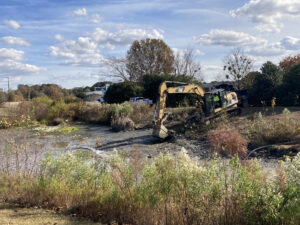
Position available: Stormwater Education Coordinator
April 18th 2024
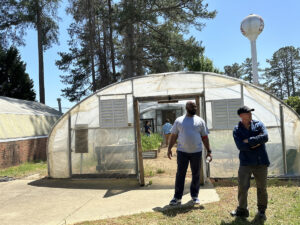
Southern Nash next in line for stormwater projects
April 18th 2024
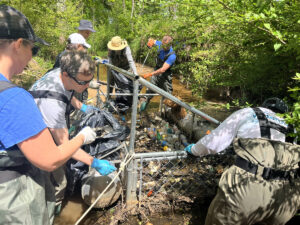
Xylem, Sound Rivers team up for cleanup
April 18th 2024

Sound Rivers launches new podcast
April 18th 2024
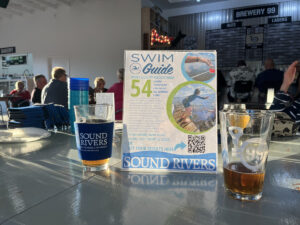
Swim Guide gearing up for a seventh season
April 11th 2024
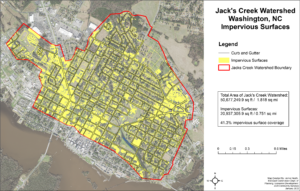
Feedback needed for Jack’s Creek plans, projects
April 11th 2024

Pamlico-Tar Riverkeeper talks water quality
April 11th 2024
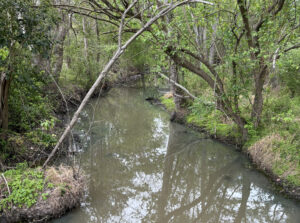
Pamlico-Tar Riverkeeper investigates Maple Branch turbidity
April 11th 2024
